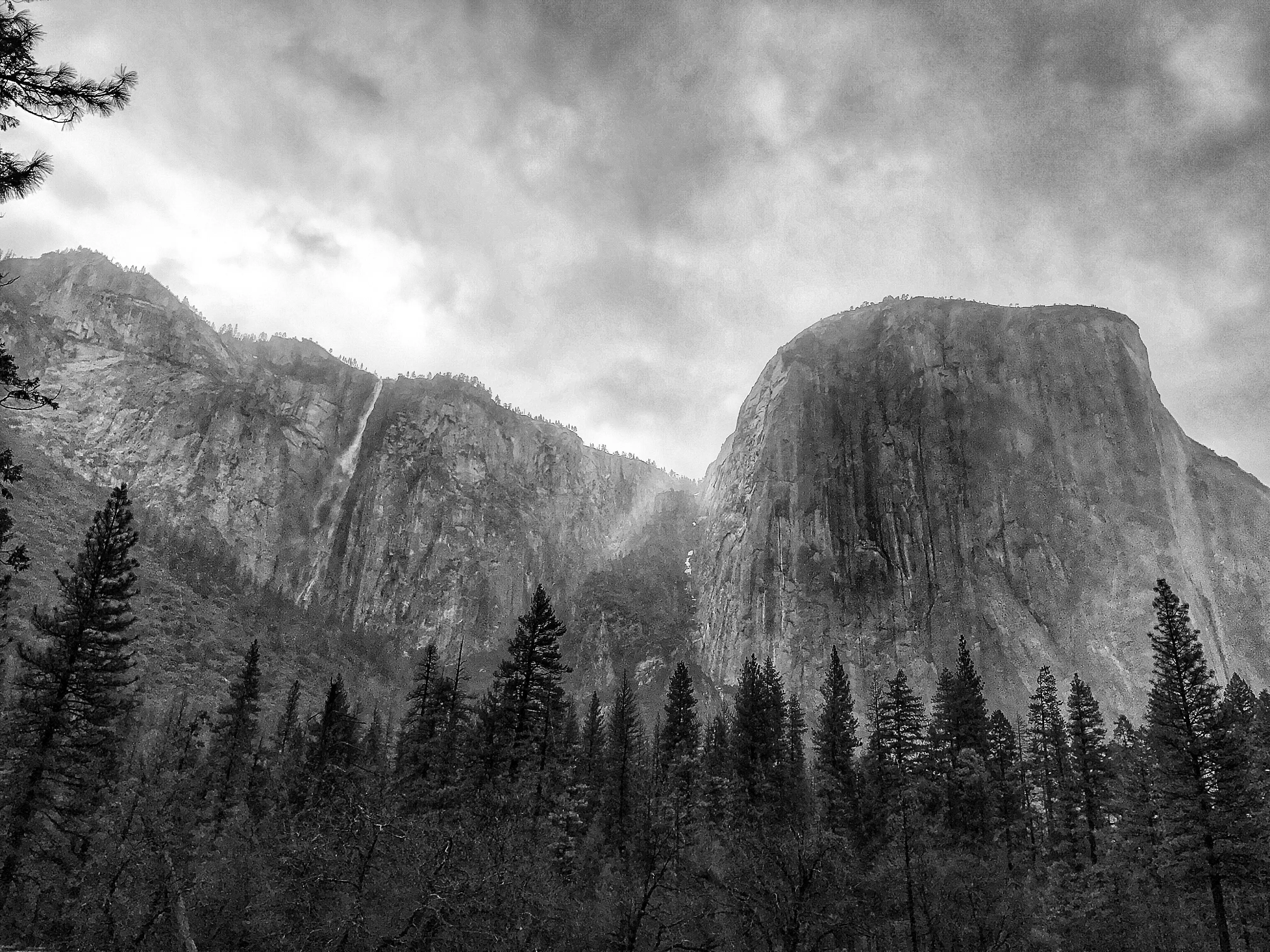The no-wilderness against the wilderness argument represents a place that is not influenced by human civilization in any way. To state that an area is deserted or untrammeled by humans indicates that it has been thus in the past. According to fresh interpretations of ancient and new empirical data, all of what is currently the United States was occupied and trampled by humans prior to present wilderness status. Wilderness as a notion and ideal, as well as the practice of protecting it, have all come under threat in the last several decades. Woods addresses Anti-wilderness ideas in Rethinking Wilderness. “Wilderness” in Woods’ view is rethought in terms of its significance for qualities such as “wildness, naturalness, and freedom” that contribute value other than human-to-human interactions. Denevan suggested that pre-Columbian humans created and expanded grasslands, rearranged forests with earthworks like crop fields and roadways, and altered micro-relief. Denevan’s discussion of people and effects is the most important evidence supporting the third assumption of the thesis that there is no wilderness.
Woods responds by saying that population estimates from the earliest times, deaths among American Indians have been traced to early contact with Europeans and later Euro-Americans. They brought pathogens against which they lacked natural immunity. Although population density is not the sole determinant of impact, it is common for large populations to have a more significant effect than small ones. Malaria, measles, typhoid yellow fever, and a slew of other illnesses were prevalent. They expanded at such a rapid pace that they devastated other communities. The chief factor why pre-Columbian people vanished from the landscapes was because European-Americans slew them. He also that, rather than clinging to either the old or new narratives, we should embrace a hybrid history that incorporates indigenous peoples, the nonhuman world, human-modified and unmodified landscapes, and the pre-Columbian North American wilderness as it was.
Wood believes that we can still accurately claim that wilderness areas exist because there are no non-trivial features unique to humans. He claims that we frequently have exceptional factors of those traits. For example, many animals possess intellect, yet humans are special in that regard. Secondly, we are unique in that we have many of these features with extreme values clustered together. A restricted naturalism is therefore avoided by Mark Wood, who avoids dualism.
For the third premise, Wood points out that the pre-Columbian indigenous American population in North America ranged from 3.8 to 7 million individuals. There is evidence that they exterminated charismatic megafauna through burning, hunting, and cultivating the land. Between 60 and 90 % of pre-Columbian people perished due to disease and violence brought by Europeans, resulting in a “widowed country.” Wood thinks that this is a case of exaggeration on the part of the author. A trammel isn’t always the result of a collision. Trammeling is the act of tying someone up. Additionally, the Native American presence does not always imply trampling. Secondly, the idea of trammeling is backward-looking; once trammeled, it remains trammeled forever, but this premise was erroneous since regions may be ‘re-wilded,’ for example, an artificial fire regime can be replaced with a natural one.
Yes, because according to Wood, there is a clear difference between humans and nonhuman nature. This means people have a quality that other objects do not have. Nevertheless, there is a nonhuman characteristic plausibly possessing it for every human attribute, whose challengers include ethical conduct and symbolic cognition, consciousness, language, and self-awareness. As a result, there is no significant difference between wilderness and anything else.








